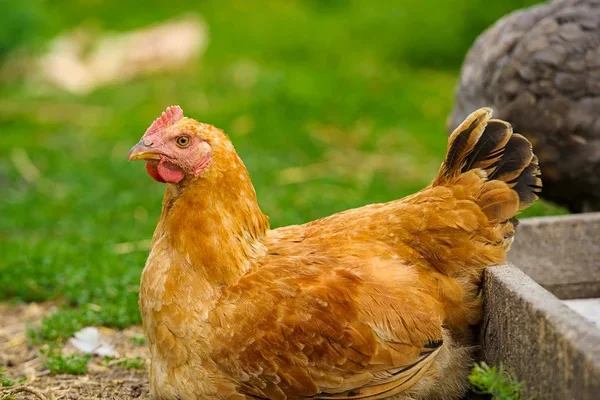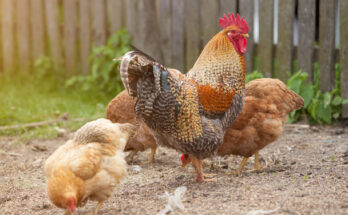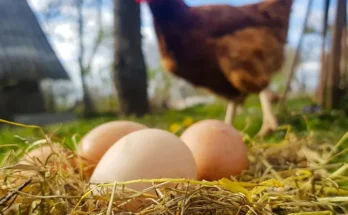When Do Chickens Stop Laying Eggs: 5 Key Reasons
Have you ever wondered about the lifespan of a chicken’s egg-laying ability? If you’re considering raising chickens, understanding when they stop laying eggs is crucial for planning and managing your flock. In this post, we will explore the factors that influence a chicken’s egg production and answer the burning question, “When do chickens stop laying eggs?” We’ll also discuss the signs that indicate a decline in egg production, as well as the potential solutions to support your hens as they age. Whether you’re a seasoned chicken keeper or a novice enthusiast, this comprehensive guide will equip you with the knowledge to ensure the well-being of your feathered friends and optimize their egg-laying potential.
When Do Chickens Stop Laying Eggs? 5 KEY REASONS
As chickens age, their egg production is significantly influenced. Generally, hens begin laying eggs around 5-6 months of age, reaching peak production at 18-19 months. However, at around 2-3 years old, egg production starts to decline due to the natural aging process.
Age
The age of a chicken plays a crucial role in its ability to lay eggs. The peak laying period for most hens occurs at around 18-19 months, after which egg production gradually decreases. By the age of 3-4 years, hens typically lay significantly fewer eggs or stop laying altogether.
Stressful Environment
A stressful environment, exacerbated by factors such as bullying from other chickens, can have a detrimental impact on a hen’s ability to lay eggs. Dominant or aggressive chickens may cause stress, leading to decreased egg production. Minimizing stress through adequate space, providing hiding spots, and ensuring a peaceful flock dynamic can help sustain egg laying. Living in commercial farms can affect not only the quality of the egg but also the physical capability of the chicken, causing it long term damage by over production. You can read more about this here

Seasonal Impact
Seasonal changes can also affect egg laying. Shorter daylight hours in winter can trigger a decrease in egg production, as hens require a minimum of 14 hours of daylight to sustain regular laying. Moreover, temperature fluctuations and molt cycles during certain times of the year can further impact a chicken’s ability to lay eggs.
Sicknesses and Diseases
Various illnesses and poultry diseases can significantly affect a chicken’s egg-laying capability. Common ailments such as respiratory infections, parasitic infestations, and reproductive disorders can lead to reduced egg production or complete cessation. Proper hygiene, routine health checks, and timely treatment are essential in preventing and managing these conditions.
Nutritional Factors
A well-balanced diet is essential for maintaining consistent egg production in chickens. Nutrient deficiencies or imbalances can impede egg laying. Adequate protein, calcium, and essential vitamins are crucial for sustaining egg production. Conversely, malnutrition can lead to diminished egg output or the complete cessation of laying.
By understanding and addressing these key factors that impact a chicken’s ability to lay eggs, poultry keepers can proactively support their hens’ reproductive health and overall well-being. If you want to learn more about poultry nutrition, we have a solid guide here
Conclusion
Understanding the factors that influence egg laying in chickens is crucial for anyone involved in poultry farming. From the age of the chicken to its overall health and environmental conditions, several elements can impact egg production. By being aware of these factors, poultry farmers can make informed decisions to optimize egg laying and ensure the welfare of their flock. Factors such as nutrition, daylight exposure, and stress levels can all play a significant role in a chicken’s egg-laying capabilities. By monitoring and addressing these factors, poultry farmers can maintain consistent egg production and the overall well-being of their chickens.



